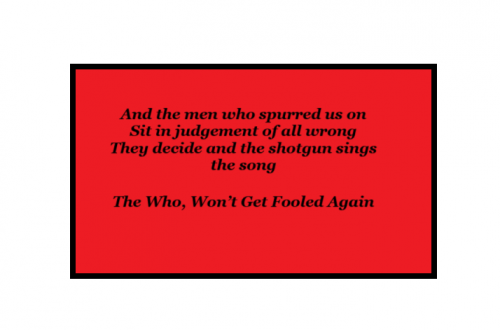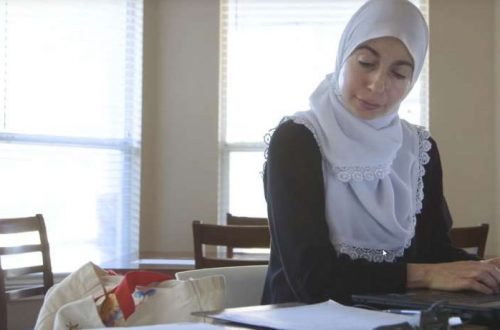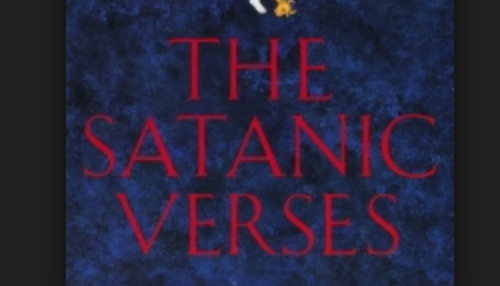In something of a contrast to Student Rights, who take a (consistently) cautious approach when it comes to university events, Charlie Klendjian here makes an (equally consistent) case for the importance of protecting free speech at universities, even when it challenges or offends. Having had their talk at UWL cancelled, Klendjian and Anne Marie Waters were allowed to go ahead with their presentation in Manchester. They resisted pressure to agree to a formal debate:
It’s reasonable to consider whether this requirement of “balance” – which seems to be a newly-emerging condition for campus events about Islam – is applied consistently at Manchester University.
I understand from speaking to some of the students in Manchester that their university has an annual “Israel Apartheid Week”, with speaker after speaker lined up to condemn Israel and also to advocate the “Boycott, Divestment and Sanctions” (BDS) campaign against Israel.
How much balance does the SU insist on during “Israel Apartheid Week”? None, from what I can make out.
And look at this poster for an event at Manchester University, scheduled for the day after our event:
I don’t see too much “balance” here. But I do see the SU’s logo at the bottom right of the poster.
I’m not sure whether Klendjian’s post was written as a direct riposte to Sairah Yassir’s earlier aggrieved response. Waters is a UKIP candidate, and Yassir cited a particularly florid example of UKIP homophobia (fair enough) and made a plea for a more capacious definition of Sharia:
The survey also shows that Muslims differ widely in how they interpret certain aspects of sharia, including whether divorce and family planning are morally acceptable.”
This would have been more reasonable if she had at least acknowledged that some interpretations are more worrisome, and hadn’t sought to draw a false equivalence between Klendjian and Waters and their most extreme opponents – especially when those opponents are not consistently excluded from campuses.
From inception, this event was met which much criticism. How could the university accept two hate preachers, especially when Muslim speakers who have been accused of much less have been prohibited from speaking on campus in the past and no doubt will most likely be prohibited for much less in the future?
If Waters and Klendjian are wrong (and there are certainly issues on which I’d disagree with them myself) then shouldn’t they be heard and challenged? (Going back to the BDS parallel, I opposed a prohibition on the term ‘apartheid’ which was imposed at an event at which Ben White spoke – better to counter such views with arguments rather than try to shut them down.) Klendjian defends this position robustly:
As I told my audience at the beginning of my talk – as a pre-warning to anyone who was minded to plead offence at the content that was to follow – if you can’t handle your ideas being challenged then you really have no business being in a university in the first place, and you have no business attending an event hosted by a university’s Free Speech and Secular Society.
Free speech is not just about the right of the speaker to speak. One of its crucial roles is to expose the listener to new ideas.
According to Charlie Klendjian’s post some Muslims clearly welcomed the chance to listen to different perspectives whereas those opposing it were ‘overwhelmingly non-Muslims’.



